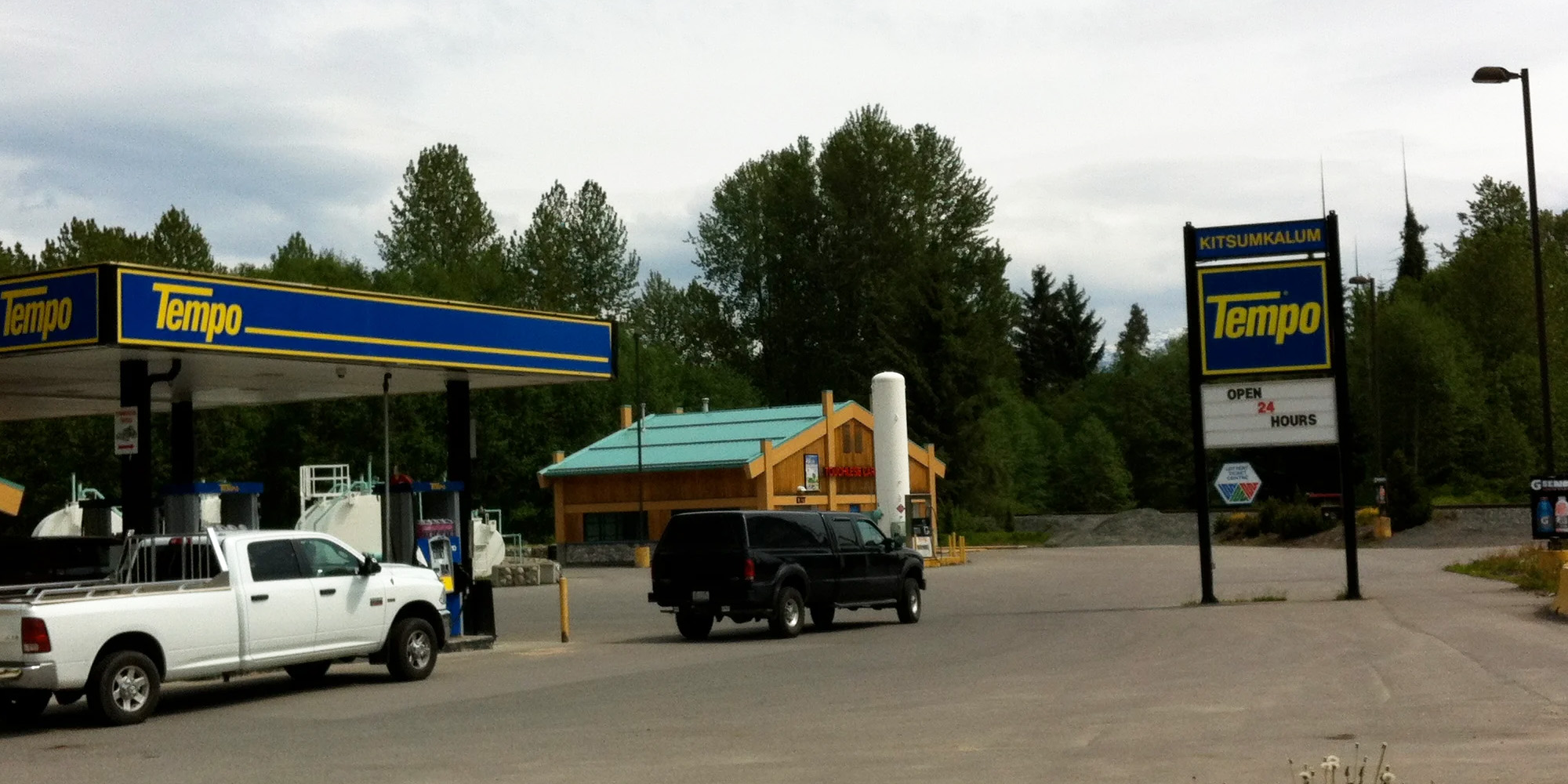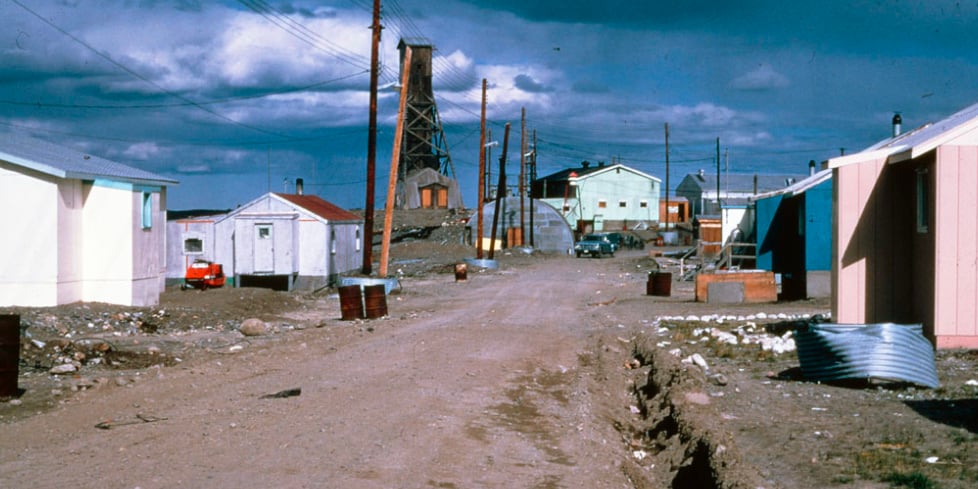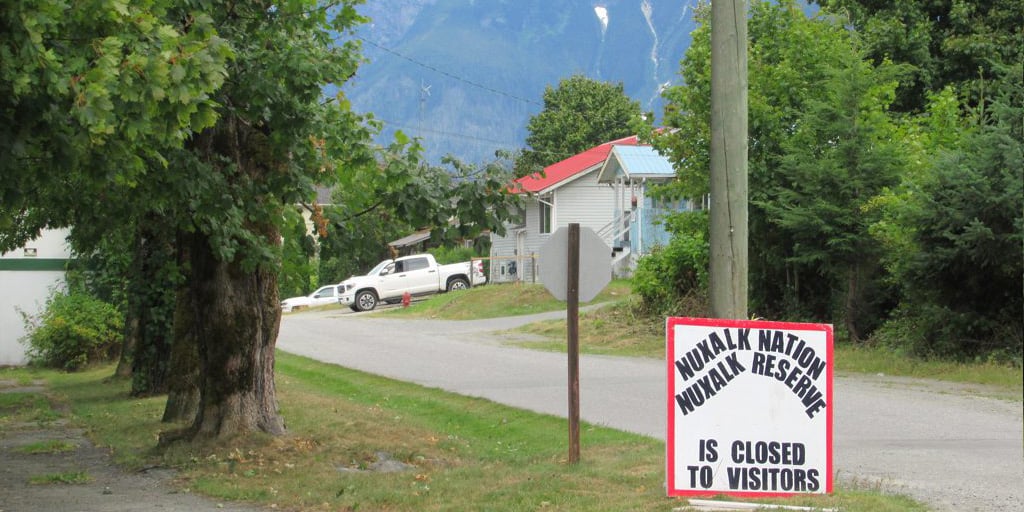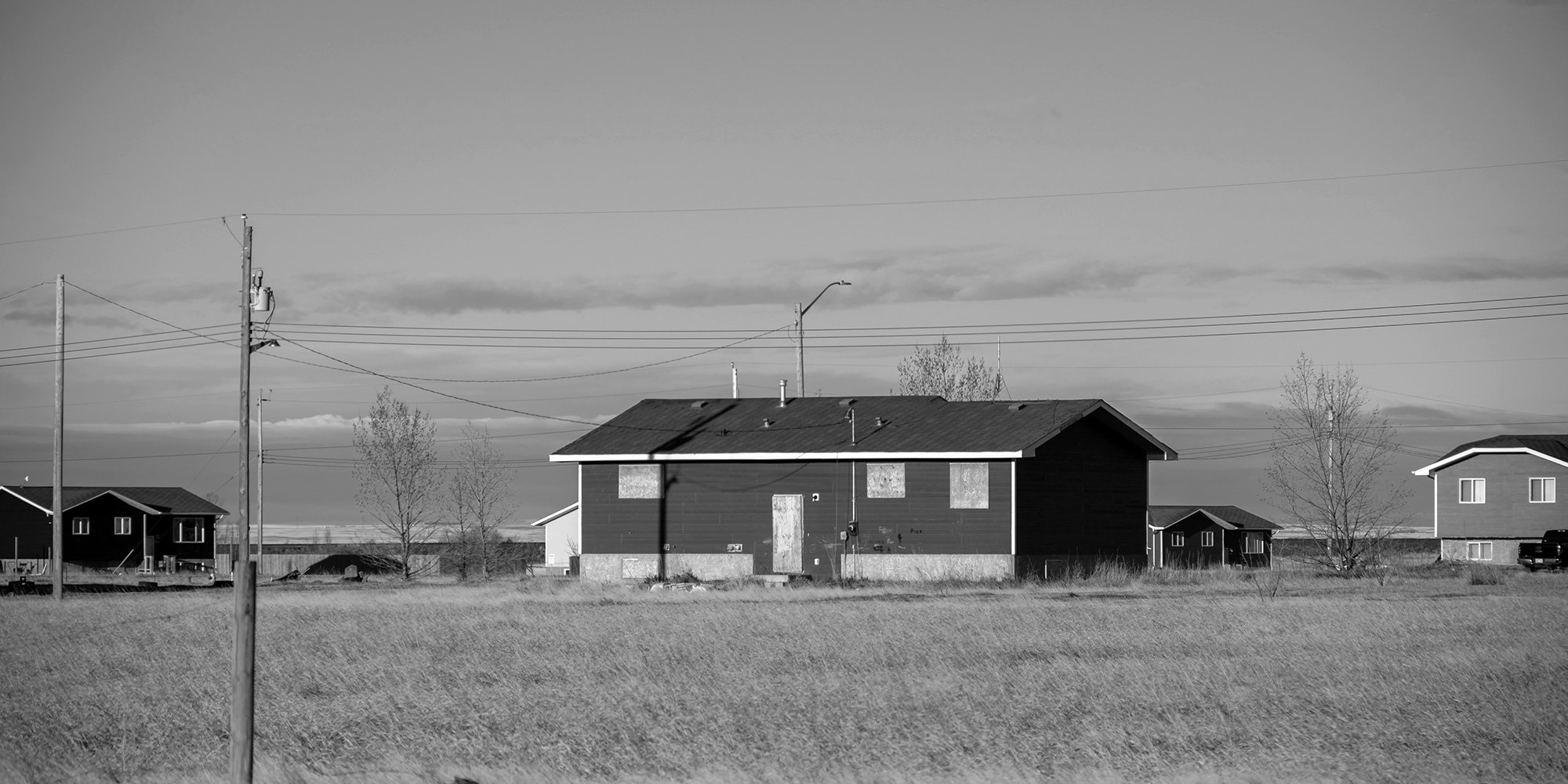Myth #3: First Nations Get Free Housing on Reserves
Myth #3: First Nations get free housing on reserves. Reality: Indigenous People can apply for social housing programs offered by the Canada Mortgage...

Reality: This is another myth I frequently hear in my workshops. It supports the misconception that First Nations face no restrictions on reserve lands whereas, in reality, the vast majority of First Nations are under onerous restrictions as to what they can and cannot do on their reserve lands.
The ultimate title to reserve lands is vested in “His Majesty”. Quite simply stated, most First Nations do not own their land - “His Majesty” continues to own the majority of reserve land, continues to have complete jurisdiction over the land and continues to “manage” the use of the land for the benefit of the residents.
Some highlights from the Indian Act regarding reserve lands:
Section 28 of the Indian Act states:
Reserve lands are not subject to seizure under legal process.
Section 32 (1) of the Indian Act provides:
A transaction of any kind whereby a band or a member thereof purports to sell, barter, exchange, give or otherwise dispose of cattle or other animals, grain or hay, whether wild or cultivated, or root crops or plants or their products from a reserve in Manitoba, Saskatchewan or Alberta, to a person other than a member of that band, is void unless the superintendent approves the transaction in writing.
And section 33 adds:
Every person who enters into a transaction that is void under subsection 32(1) is guilty of an offence.
The Indian Act is clear that status Indians do not own property on reserves. The Minister of Indigenous and Northern Affairs Canada may issue a "Certificate of Possession" to a status Indian for a portion of reserve land, but the underlying title to the land remains vested with the Crown. Thus, Indian reserve land cannot be sold except to the Crown and does not appreciate in value the same way that property held in fee simple does for other Canadians. This makes it very difficult for a status Indian to borrow funds to build a house on reserve.
The continued restrictions on reserve lands under the Indian Act hamper entrepreneurial developments because the murkiness around property rights deters investors, throws certainty under the bus, ramps up the need and costs for lawyers which in turn drives up the cost structure, and generally bogs down the project timeline.
The reality is that the challenges presented by the restrictions on reserve lands for those First Nations without self-government agreements that include fee simple title to their land will continue to stymie efforts to develop economic opportunities until property rights are restored.
There are a number of myths out there regarding Indigenous Peoples so we decided to compile them and associated realities into an ebook. Sign up for our newsletter to download your copy today.

Myth #3: First Nations get free housing on reserves. Reality: Indigenous People can apply for social housing programs offered by the Canada Mortgage...

Did you know that adequate housing was recognized in the 1948 Universal Declaration of Human Rights? Did you know almost one in six Indigenous people...

Indigenous People face the worst housing outcomes in the country. Hon. Marc Miller, Minister of Crown-Indigenous Relations [1] To understand the...